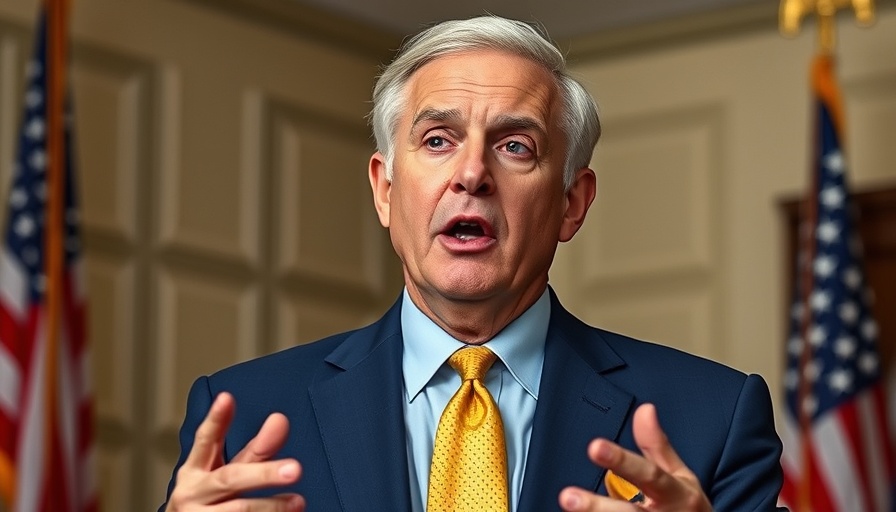
Bill Gates: A New Era of Charitable Giving
In a bold move to combat pressing global issues, Microsoft co-founder Bill Gates has announced plans to double his charitable giving to an astounding $200 billion over the next two decades. His commitment comes at a time when many governments are slashing foreign aid, highlighting a crucial shift in which private philanthropy takes on ever more responsibility.
Why Such a Significant Increase?
Gates, currently the fifth richest person with a wealth of $168 billion, believes there are too many urgent challenges to ignore, including climate change and children's health. He stated in his recent blog post, "There are too many urgent problems to solve for me to hold onto resources that could be used to help people." This echo of Andrew Carnegie’s sentiment against wealth hoarding reinforces Gates' perspective on responsibility among the ultra-wealthy.
The Role of Philanthropy Amidst Government Cuts
With the U.S. and other nations cutting their aid budgets by billions, Gates expressed concern that even his significant charitable foundation cannot bridge the funding gap. He stated, "No philanthropic organization—even one the size of the Gates Foundation—can make up the gulf in funding that's emerging right now." This insight invites us to rethink the sustainability of relying solely on philanthropy in the face of governmental support withdrawal.
A Call for Collaboration
As business leaders and tech professionals, we have a role to play in fostering collaborations that enhance community support. Gates’ insights can inspire organizations to partner with both governments and nonprofits to maximize impact. The urgency of global challenges should motivate more leaders in the tech sector to innovate and invest their resources where they can do the most good.
Moving the Needle Together
Ultimately, Gates’ commitment is a reminder of the power of wealth used for community improvement. By joining forces with philanthropic efforts and leveraging technology, we can create solutions that truly make a difference. As we consider his example, it's essential for us to think about how we can contribute our expertise and resources toward collective goals.
 Add Row
Add Row  Add
Add 










 Add Row
Add Row  Add
Add 

Write A Comment